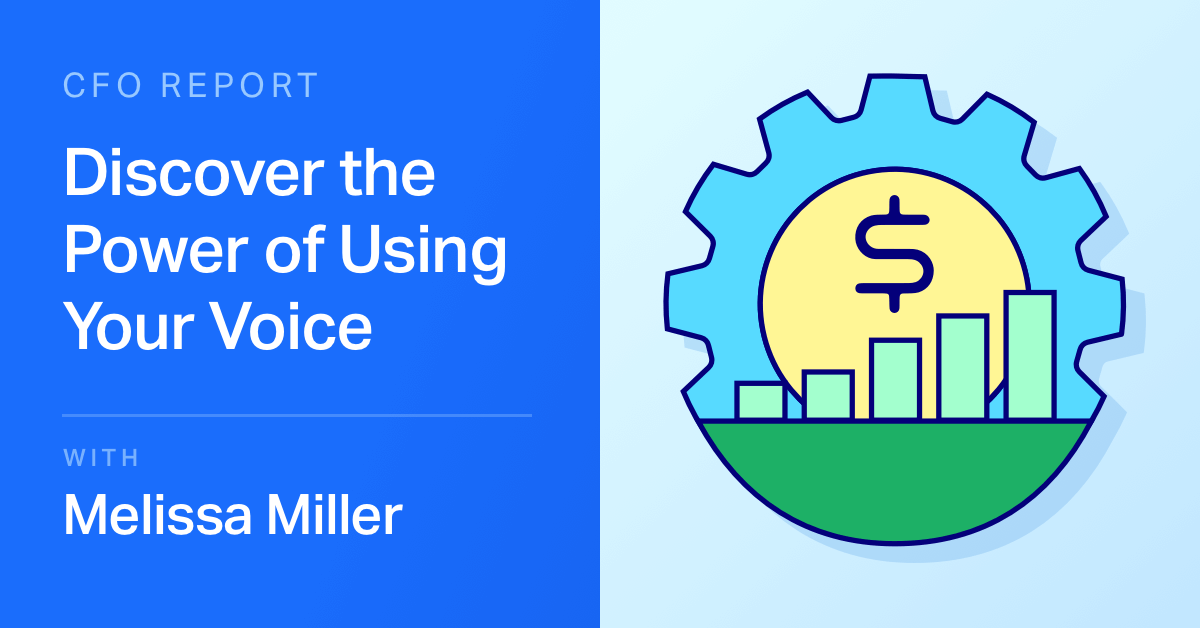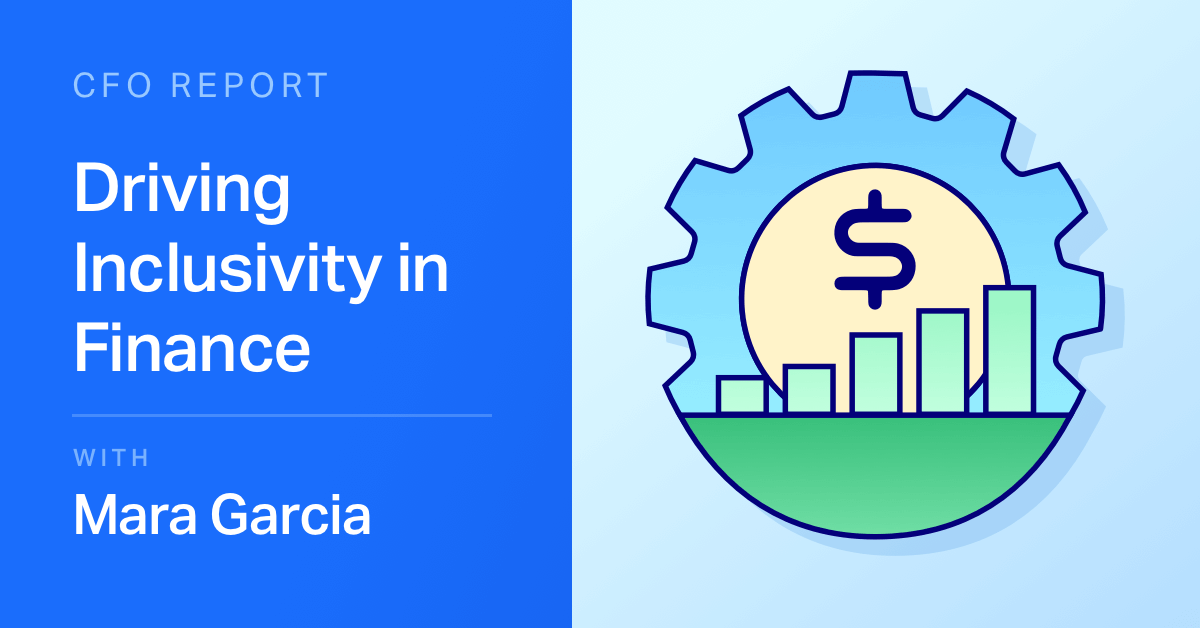As a finance veteran with decades of experience in the field, Ann Bakker has witnessed a host of changes, ranging from improvements in technology to the advancement of women. Bakker spent nearly twenty years at Kellogg, one of the largest food makers in the world, in roles that spanned planning and analysis to revenue growth management.
As an undergraduate student, Bakker started out in science but switched over to accounting, inspired in part by father’s career as an accountant, and eventually earned an MBA in Finance. As a young woman starting out in the business world at the time, there was little in the way of dedicated mentoring opportunities compared to today. But she quickly saw the appeal in using accounting and finance to analyze and solve problems.
“Earlier in my career, I supported the innovation team at Kellogg, and part of my job was to ensure the new products made money,” Bakker recalled. “It was always a challenge because the marketing and brand people wanted to add more expensive ingredients, and the sales team wanted to sell at a lower price. To work on that puzzle with cross-functional teams was both difficult and fun.”
Working at a major multinational firm, Bakker was tasked with everything from developing bonus plans to financial forecasting and defining strategy, at times steering finance teams through periods of change and financial uncertainty. Financial planning isn’t done in a vacuum, she quickly learned: Financial skill provides endless opportunities for collaboration.
“Finance has a seat at every table and -- to quote Shirley Chisholm -- if they don't give you a seat at the table, bring a folding chair,” she said. “I loved the fact that I could sit with cross-functional teams and work together to drive a positive business result.”
Alongside improved reporting tools, many more women have entered the finance profession since Bakker first started out as an auditor at a consulting firm before eventually joining Kellogg.
High-ranking women in finance were much less common at the time she launched her career, and “watching that evolve, and mentoring other women, has been very rewarding,” she said.
Meanwhile, technology is helping to empower finance professionals, both in terms of allowing more time for analysis and insights and boosting the value that finance brings to a broader organization. It also allows for a great deal of career development, Bakker added.
“It’s not unusual for people to move in and out of finance to other functions because of their strong analytical skills and ability to work with many different teams. I’ve had a couple of sales-related roles; others have moved to functions such as logistics because it’s analytical,” she said.
“Fundamentally, it’s about how you use data to drive insights.”
As big data opens up a new world of information for planners and analysts, repetitive tasks can increasingly be automated instead of manual. According to Accounting Today, 94% of accounting professionals believe that task automation will help their businesses grow, and could also usher in a new era of financial advisory services.
The pace of innovation will only accelerate from here, Bakker said.
“Technology is allowing the automation of many activities that financial analysts, for example, would have done in the past,” she said. “And that frees up time for those analysts to help support business improvements, and to provide insights to cross-functional teams in a way that makes finance much more valuable than I think it had been in the past.”
That underscores a valuable piece of advice for up-and-coming finance professionals in the years ahead: “Be bolder: In how you work through projects, and in your goals,” Bakker added.






